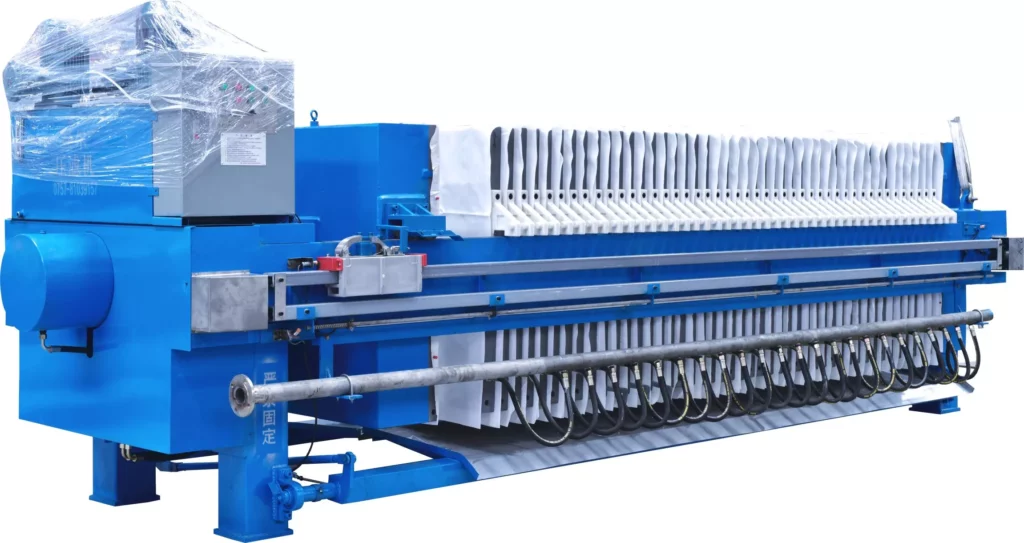Overcoming Filter Press Challenges
 Filter press technology has been widely adopted in various industries across the globe to facilitate affordable and optimal solid-liquid separation. The process involves the application of pressure to force liquids through a filter medium, resulting in the separation of solid particles. While this technology offers several benefits, its deployment in developing regions poses significant challenges, which need to be addressed to ensure widespread adoption.
Filter press technology has been widely adopted in various industries across the globe to facilitate affordable and optimal solid-liquid separation. The process involves the application of pressure to force liquids through a filter medium, resulting in the separation of solid particles. While this technology offers several benefits, its deployment in developing regions poses significant challenges, which need to be addressed to ensure widespread adoption.First and foremost, the initial investment required to set up a filter press is substantial and costly. This includes the cost of purchasing the equipment, installation, and training personnel to operate and maintain it. In developing regions where resources are often limited, meeting this financial burden can be a significant hurdle. Furthermore, access to capital and financial aid may be restricted, making it difficult for organizations to access the necessary funds to set up a filter press in waste water treatment press.
Another challenge is the lack of skilled personnel who have the necessary knowledge and expertise to operate and maintain a filter press. In many developing regions, technical education and training facilities may be scarce, resulting in a shortage of skilled workers with the necessary qualifications to operate complex equipment like filter presses. This can lead to operational shortcomings and potential safety risks.
In addition, the availability of maintenance supplies and technical assistance can be a challenge in developing regions. Filter presses require regular maintenance to ensure optimal performance and longevity, and the availability of spare parts and replacement components can be limited in these regions. This can lead to equipment breakdowns and operational disruptions.
Moreover, local regulations and customs may pose barriers to the deployment of filter press technology in some developing regions. For example, environmental regulations may require modifications to the equipment or the implementation of specific control measures to minimize environmental impacts. Additionally, cultural and social factors may influence the adoption of technology, and understanding local customs and practices is essential to ensure successful deployment.
Infrastructure and power requirements can also present challenges in deploying filter press technology in developing regions. Many of these regions have limited access to reliable power supplies, which can impact the continuous operation of equipment like filter presses. Similarly, the availability of suitable infrastructure, including roads, storage facilities, and communication networks, can be limited, resulting in complexities.
To overcome these challenges, various strategies can be employed, including providing capital and technical aid to local organizations and personnel. Governments and international organizations can also play a crucial role by providing financial assistance and maintenance services to promote the adoption of filter press technology in developing regions. Additionally, manufacturers can consider adapting their equipment to meet local requirements and provide technical support and maintenance services to facilitate smoother deployment.
In conclusion, while filter press technology offers numerous benefits, its deployment in developing regions poses significant challenges. Addressing these challenges through proactive solutions and funding is essential to ensure the successful adoption of this technology and to promote social progress in these regions.
Designed by sketchbooks.co.kr / sketchbook5 board skin
Sketchbook5, 스케치북5
Sketchbook5, 스케치북5
Sketchbook5, 스케치북5
Sketchbook5, 스케치북5